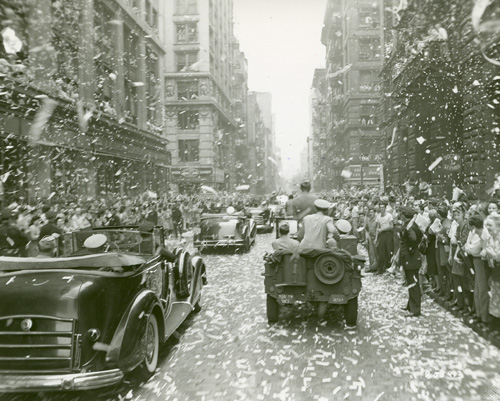Maus
Art Spiegelman
Risk Taking Researcher
To completely understand Maus, it is important to think about the historical contextualization of the novel, set in WWII Poland. The protagonist, Art's father, Vladek, is a concentration camp refugee living in the United States after the war. He went through a tough process of trying to keep his family safe during the troublesome times and through the entire process keeping his wife's well being as his biggest concern. Of course, it is extremely interesting to learn about the whole concentration camps and the war itself, but the subplot of the story is Art's relationship with his father, and the way that he acts after the war. I was interested to find out about the survivors after the war, and how that left scars for their entire lives.
Though the war might be over physically, it is never over in the survivor's minds. A big 1992 study showed that 15.2 percent of veteran men developed post-traumatic stress syndrome after leaving the war. The term, though widely common, was not considered by psychiatrists until 1980, and treatments were only famous since the 1990s. Many veterans developed symptoms that included constant nightmares, and a constant feeling of being attacked, for example.
Some of these traumas were widely ignored until a certain point, since in beginning, veterans were told to "put it all behind them" and move on. Today, treatment is widely known, however is more common between newer veterans, the old, WWII refugees, such as Vladek, are more reluctant to treat mental health.
The post WWII experience was traumatizing to people, however another interesting point about Maus is it's title, and what it means towards the book's metaphor of the animal world. The title is the German world for "mouse", because of the book's depiction of jews as mice in the book. Interestingly, the very similar word mauscheln is translated into "to talk like a Jewish trader", which is about the Jews' difficulty to speak languages.
 |
| WWII veterans heading home after the war and their moments of glory, before the traumas. (Source) |
.jpg) |
| A image that appears in the Wikipedia Germany for mascheln, probably depicting jewish traders and the stereotype of how they were seen during the time, or how it was used as a sort of insult. (Source) |
Sources:
http://newoldage.blogs.nytimes.com/2013/03/15/no-end-to-trauma-for-some-older-veterans/?_r=0
http://www.shmoop.com/maus/title.html
http://www.wordorigins.org/index.php/forums/viewthread/292/
No comments:
Post a Comment